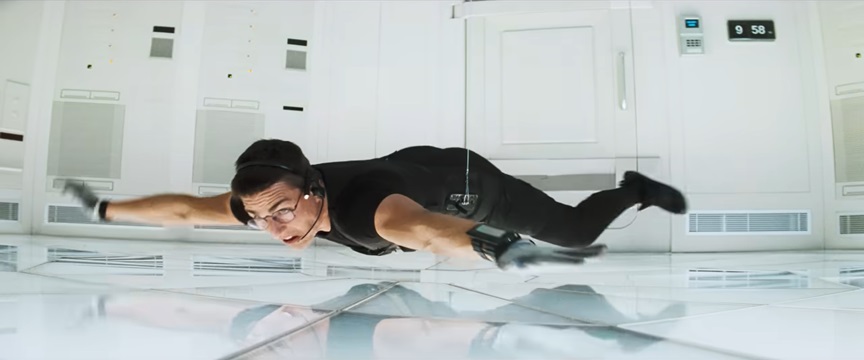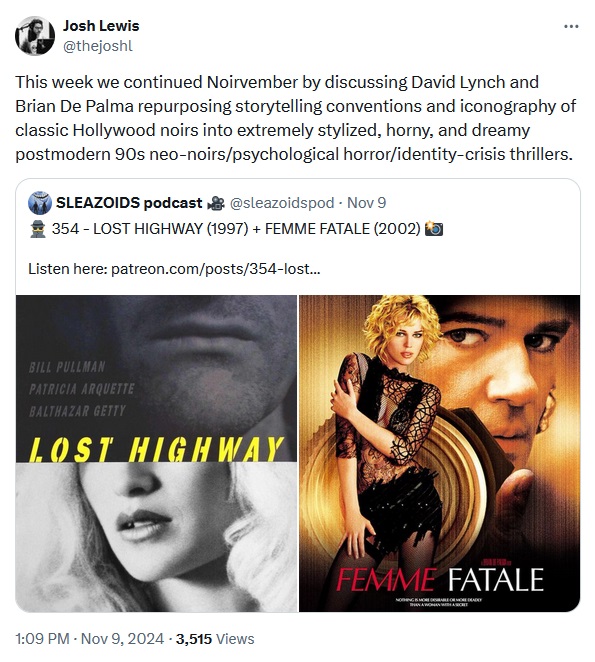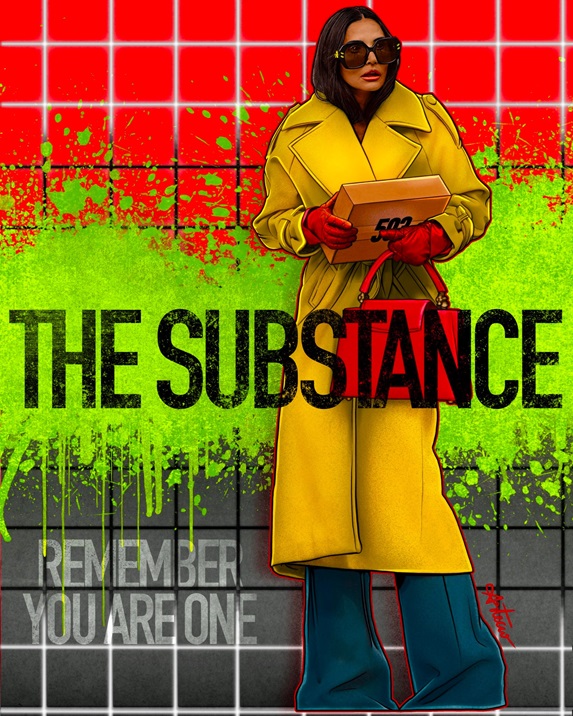STUDENT FILM JOURNAL'S TARA JOVIC ON HOW THE DEPICTED TECHNOLOGIES REFLECT CHANGING ATTITUDES TOWARD TRUTH

At Student Film Journal, Tara Jovic analyzes Michelangelo Antonioni’s Blow-Up (1966), Francis Ford Coppola’s The Conversation (1974), and Brian De Palma’s Blow Out (1981) as an unofficial trilogy:
Over a pivotal three-minute sequence in his studio, we follow the meticulous mechanics of Thomas’s process: he develops the photos in the darkroom and arranges them into a fragmented storyboard. The film’s image then shifts to the photographs themselves, constructing a slideshow narrative that begins with two lovers embracing, moves to the man noticing the camera, and ends with the woman standing beside a body. The possible murder is only revealed through a series of (eponymous) blow-ups, forcing both Thomas and the viewer to interpret the truth from increasingly grainy visual fragments.As the slideshow rolls, Antonioni also inserts the ambient sound of trees and wind to the scene—sound that doesn’t belong in Thomas’s studio but rather seems diegetic to the photographic record itself. This auditory addition complicates the relationship between the “real” and its photographic representation, questioning the reliability of Thomas’ memory and instead suggesting an intrusion of his imagination.
Despite the fact that it is over fifty years old, I will not be spoiling the film, but will nevertheless note that this conception of the recorded and truth is echoed in its final scene. As Thomas watches a group of mimes play with an imaginary tennis ball, he begins following the arc of their movements and, eventually, hears the ball’s faint bounce for himself. In that sense, truth is for Antonioni less an objective fact than a consensual illusion—a lie upon which we all agree in order to make sense of an uncertain reality—with its photographic record perhaps as mutable as perception itself.
By the mid-70s, as new intelligence technologies emerged, themes of privacy and surveillance came into the focus of (particularly American) filmmakers. Alongside films like Klute and The Parallax View, Francis Ford Coppola’s The Conversation shifts its focal apparatus from image to sound, questioning the capacity of clandestine audio recording in the search for truth. The protagonist, Harry Caul, is an expert surveillance technician, obsessed with uncovering the content of a recorded conversation yet troubled by his inability to fully understand the intentions behind what he hears.
The pivotal construction sequence is, in Coppola’s film, entirely auditory (though the audience can see flashes of the recorded scene itself). As Harry listens to fragments of the titular conversation between two people in a busy plaza—isolating words, phrases, and tonal shifts as he tweaks the audio—those occasional glimpses of the visual, presumably imagined, suggest that his record is incomplete. Harry’s surveillance, while technologically advanced, only reveals as much as his own paranoia-clouded interpretative lens permits.
This dynamic between recorded sound and its interpretation becomes central to the film’s meaning. The Conversation paints surveillance technology as both enabling and restricting: it uncovers details but inevitably imposes their observer’s anxieties and biases. While the challenge of recording in Blow-Up is centred in the ephemerality of life and consequent elusiveness of truth, the struggle of The Conversation is an internal one, rooted in the limitations of human perception (regardless of technological development).
With Blow Out, released in the wake of Watergate and the political disillusionment of the 1980s, Brian De Palma unites image and sound, referencing both Blow-Up and The Conversation (along with occasional nods to the infamous Zapruder film). His protagonist, Jack, is a sound technician who accidentally tapes a political assassination. In this film, the “construction” scene sees Jack synchronising his audio-tape with photographic footage, finally creating a coherent and indisputable record of truth.
The meaning of De Palma’s film, however, lies in its insistence that undeniable truth can nevertheless be denied. In the darkly ironic finale, Jack is symbolically silenced beneath a spectacle of fireworks and patriotic pomp, and as he listens to the scream of a victim he could not save—now a crucial sound effect in a cheap thriller he is working on—Blow Out closes with a devastating commentary on the American ethos, which prizes appearance over substance. The film’s bleak vision, illustrated by its protagonist’s impotence in the face of public deception, suggests that even the most carefully assembled record of truth is not enough to guarantee justice.
In the progression from Blow-Up through The Conversation to Blow Out, the depiction of respective recording technologies reflects changing attitudes toward truth. For Antonioni, truth is a mutable construct we collectively agree to accept; for Coppola, it is the imagined end-goal which drives paranoia, susceptible to individual misinterpretation; and for De Palma, truth is rendered futile in the face of a political apparatus that manipulates reality for its own ends. The three films join together to reveal how technology, rather than bringing us closer to an objective reality, shapes our understanding and acceptance of truth—a truth that ultimately remains as elusive as the devices used to record it.
Updated: Monday, November 18, 2024 12:10 AM CST
Post Comment | Permalink | Share This Post

















